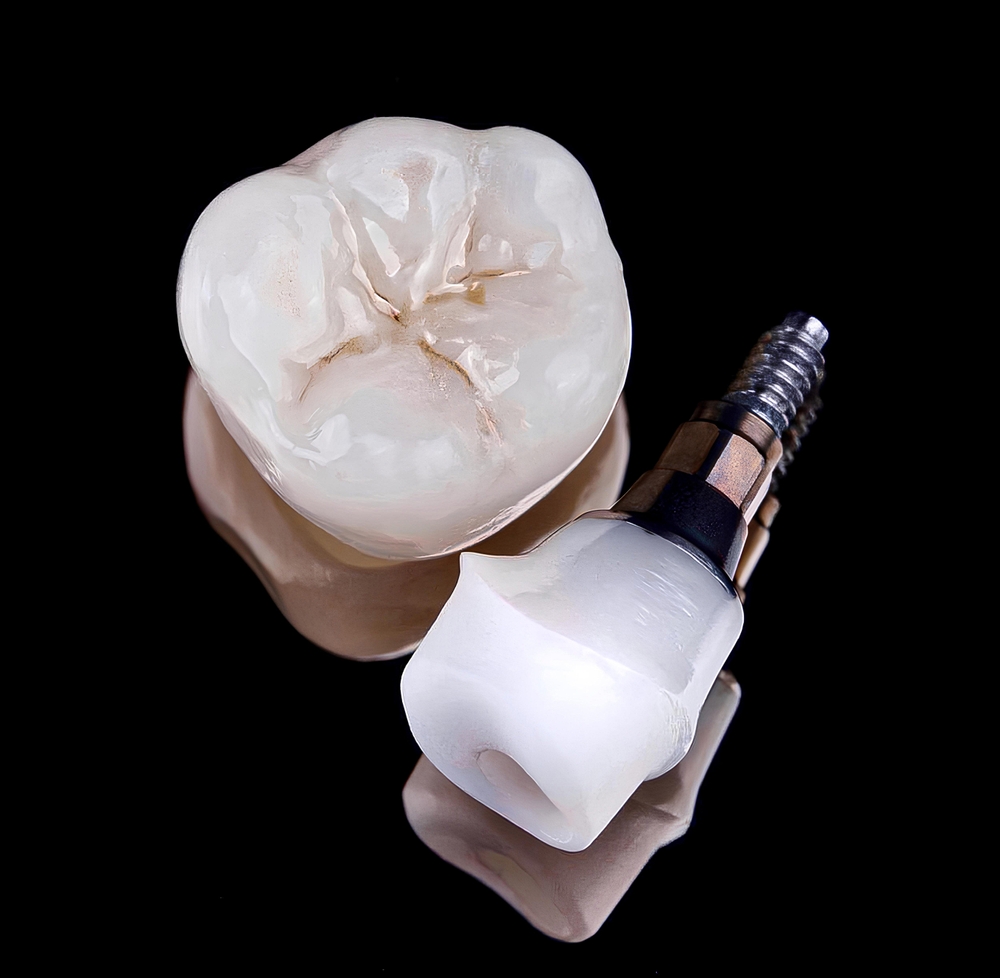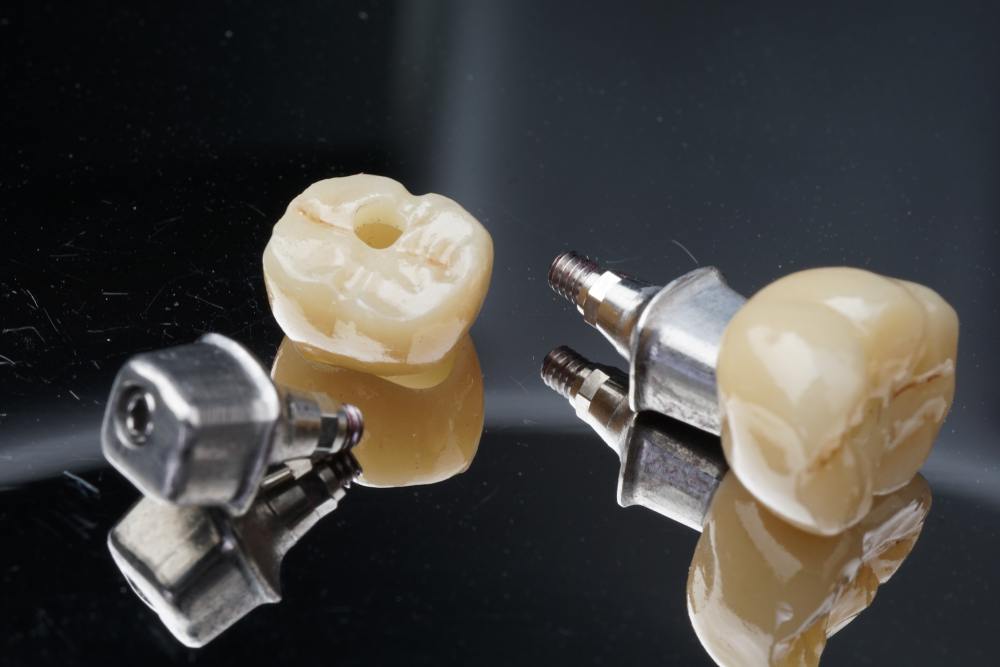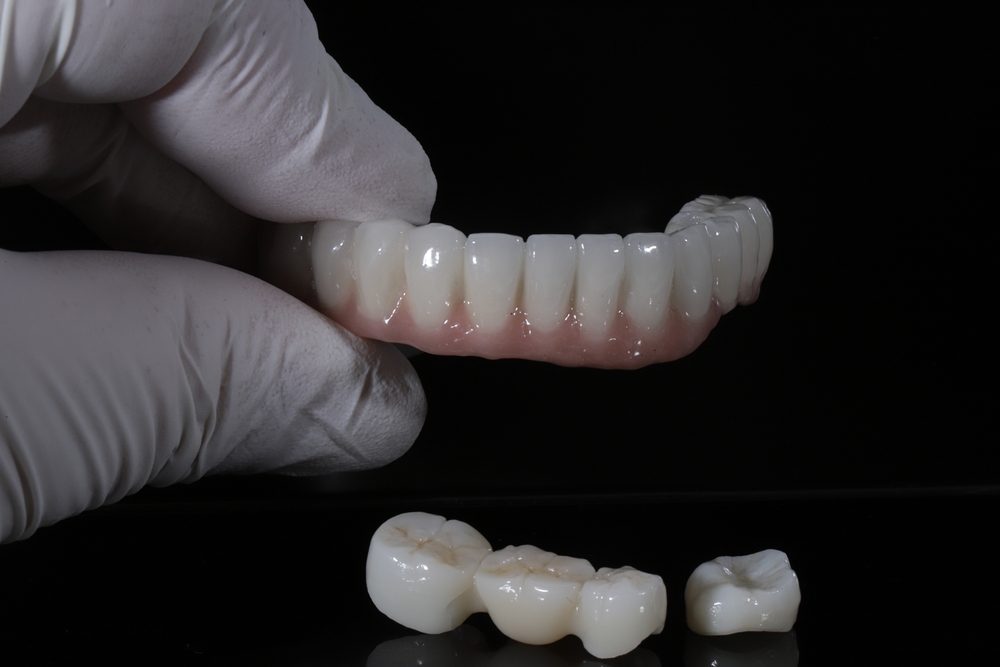Sleep apnea, a condition affecting millions globally, often goes undiagnosed and untreated. This disorder, characterized by pauses in breathing or shallow breaths during sleep, can lead to serious health issues if left unchecked. While Continuous Positive Airway Pressure (CPAP) machines have long been the go-to solution, they’re not without their drawbacks. Enter custom-made sleep apnea dental devices – a promising and innovative approach to managing this condition.
Understanding Sleep Apnea

Sleep apnea manifests in two main types: Obstructive Sleep Apnea (OSA) and Central Sleep Apnea. OSA, the more common form, occurs when throat muscles relax to the point where they end up obstructing the airway. These interruptions in breathing can contribute to significant health risks such as heart disease, stroke, and excessive daytime sleepiness, impacting overall quality of life.
CPAP machines, although effective, pose challenges for many users. Their bulky design, the noise, and the discomfort of wearing a mask all night often lead to poor adherence, rendering the treatment less effective.
Custom-Made Sleep Apnea Devices
Custom-made devices offer a tailored solution to this problem. Oral appliances for sleep apnea are specialized dental devices designed to treat Obstructive Sleep Apnea (OSA). These appliances are particularly effective for mild to moderate cases of OSA.
The primary function of oral appliances is to prevent the airway from collapsing during sleep, which is the main cause of apnea events in OSA. They achieve this by repositioning and stabilizing the lower jaw, tongue, and soft palate. This repositioning helps keep the airway open, allowing for uninterrupted breathing.
Types of Oral Appliances:

- Mandibular Advancement Devices (MADs): These are the most common type. They look similar to mouthguards used in sports and work by gently pushing the lower jaw (mandible) forward. This forward movement of the jaw opens up the space behind the tongue, reducing the risk of airway collapse.
- Tongue Retaining Devices (TRDs): These devices hold the tongue in a forward position, preventing it from falling back and obstructing the airway during sleep.
For maximum effectiveness, oral appliances are custom-fitted by dentists specializing in sleep apnea treatment. This process often involves taking impressions of the teeth to ensure the device fits comfortably and effectively. Furthermore, many MADs are adjustable, allowing dentists to fine-tune the degree of jaw advancement, which can be crucial for both comfort and effectiveness. By maintaining an open airway, these devices can significantly reduce the number and severity of apnea episodes. This results in improved sleep quality, leading to better overall health and well-being.
The Benefits of Custom-Made Devices
Custom oral appliances for sleep apnea offer several significant advantages, particularly for individuals with mild to moderate obstructive sleep apnea (OSA). These advantages make them a popular alternative or complement to CPAP (Continuous Positive Airway Pressure) therapy. Here are the key benefits:
Comfort and Fit:
Since these appliances are custom-made to fit each individual’s mouth, they are typically more comfortable than generic devices. The custom fit minimizes discomfort and makes it easier for the patient to adapt to wearing the appliance every night.
Effectiveness in Mild to Moderate OSA:
Custom oral appliances have been proven effective in treating mild to moderate cases of OSA. They work by keeping the airway open during sleep, which reduces or eliminates sleep apnea events.
Increased Compliance:
Due to their comfort and ease of use, many patients find it easier to comply with treatment using a custom oral appliance compared to a CPAP machine. Better compliance generally leads to more effective treatment.
Portability and Convenience:
These devices are small, lightweight, and easy to transport, making them ideal for travel. Unlike CPAP machines, they don’t require electricity, making them convenient for camping or areas with unreliable power.
Quiet and Discreet:
Unlike CPAP machines, which can be noisy, oral appliances are silent and unobtrusive. This can be particularly beneficial for the patient’s bed partner.
Easier to Maintain:
Maintenance of these appliances is relatively simple, involving regular cleaning with toothbrush and toothpaste or mild soap, unlike the more involved maintenance and cleaning procedures for CPAP machines.
Less Intrusive:
For those who feel claustrophobic using a CPAP mask, oral appliances offer a less invasive option. They do not cover the nose or mouth in the same way as CPAP masks.
Fewer Side Effects:
While CPAP therapy can cause side effects like dry nose, sore throat, and nasal congestion, these are less common with oral appliance use.
Flexibility for Combination Therapy:
In some cases, oral appliances can be used in conjunction with CPAP therapy, particularly in patients with severe OSA. This combination can allow for lower CPAP pressures, increasing comfort and compliance.
Improved Sleep Quality:
By effectively managing sleep apnea symptoms, these appliances can enhance overall sleep quality, leading to better daytime alertness and overall health.
In summary, custom oral appliances for sleep apnea are a valuable treatment option, offering a combination of effectiveness, comfort, and convenience. They are particularly appealing to patients who struggle with CPAP therapy, providing an alternative that is easier to adapt to and more user-friendly.
Conclusion
In conclusion, custom oral appliances offer a practical and effective solution for managing mild to moderate obstructive sleep apnea. Their custom fit ensures maximum comfort, which plays a crucial role in patient compliance and the overall success of the treatment. The convenience, portability, and silent operation of these devices make them an appealing alternative or complement to CPAP therapy, especially for individuals who travel frequently or find CPAP machines cumbersome and intrusive. By improving nighttime breathing and enhancing sleep quality, these appliances not only address sleep apnea symptoms but also contribute to better overall health and well-being. For many patients, custom oral appliances represent a balanced blend of effectiveness, convenience, and comfort, making them a valuable option in the array of sleep apnea treatments.




